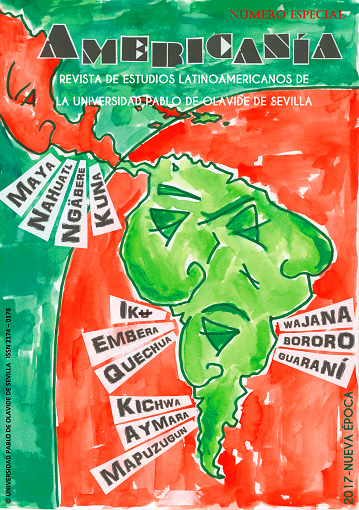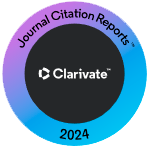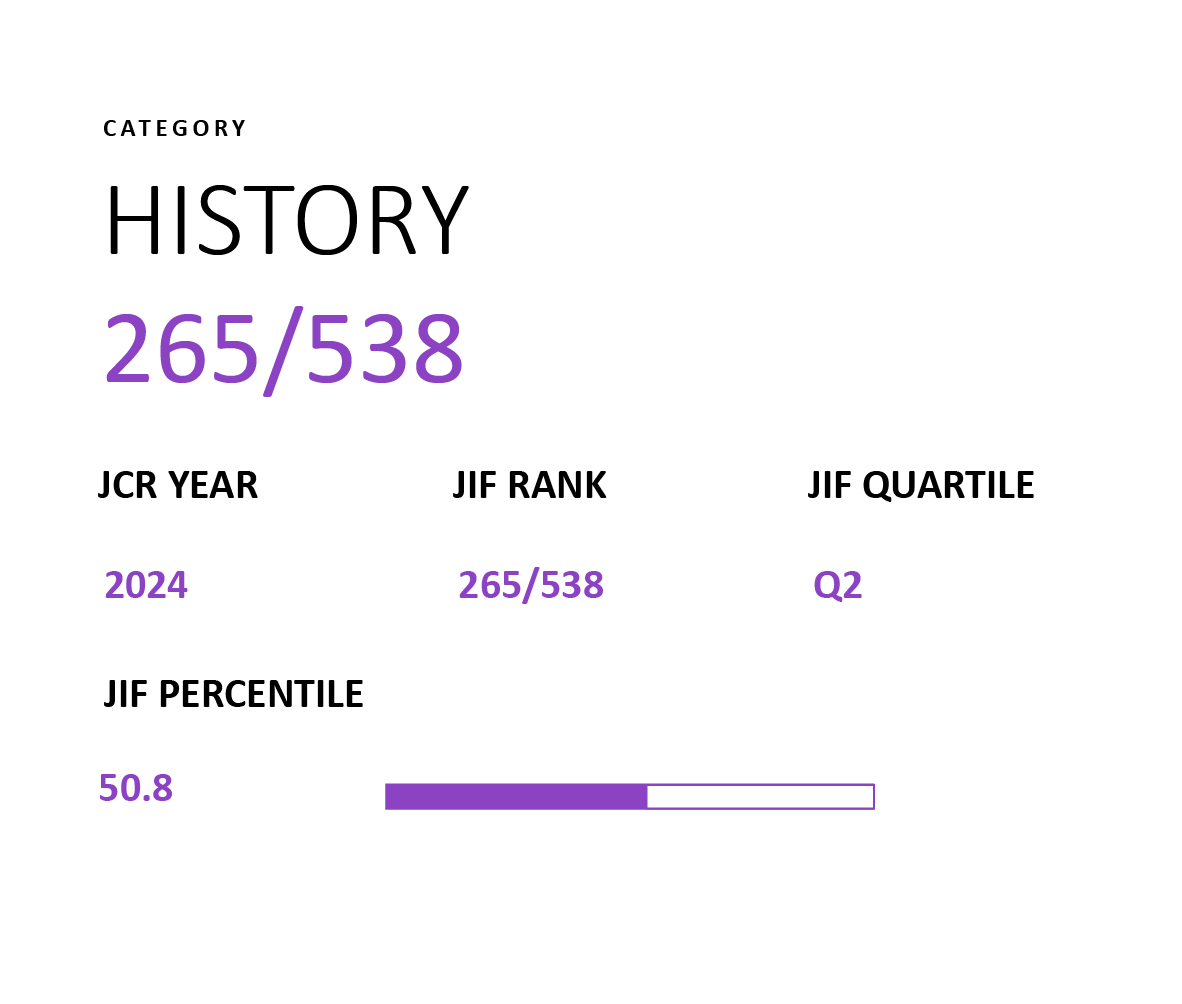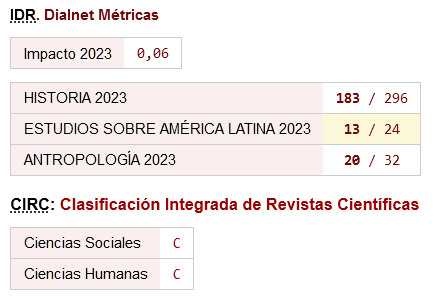Tlen Hujajia Panok, Tlapinatilistli Uan Tlaispialistli Tlen Tlatlatohua Nahuatl
Keywords:
Tlatoli, Náhuatl, Tlapinatilistli, Tlepanitalistli, Tech kuilije then España, TlapialistliAbstract
Ni Mexico onka nahui tlatoli tlen mas mo tekohuia, náhuatl,maya mixteco uan zapoteco pan ni tlacuiloli ti nestia quenajatsa istoke tonehualpoyua tlen tlatlatoa náhuatl pan ni to tlali, nojia ti icuilohua quenque tlahuatl kin pinatia ne nahuatlatoli ,quenque axcana kimati ne náhuatl tlatoyaya tenajuatijemej, tlen mas quimatiayaya uan kin tlepanitayaya quema aicana hualayaya altepecomej tlen España, uan axcana kimati para tlahuel miak tchen cahuilteje, pampa inihuanti quipistoya miak tlaispialistli, tlacuili tlen axacana ti quismati.
En México cuatro son las lenguas de mayor número de hablantes: náhuatl, maya, mixteco y zapoteco. En este artículo se hace referencia al estado actual de la lengua náhuatl, una de las lenguas milenarias y de mayor prestigio en México, así como a las principales causas de discriminación que han llevado a las personas que hablan la lengua a avergonzarse de sus orígenes. Este sentimiento parece ignorar que la lengua náhuatl fue la lengua más prestigiosa e importante antes de la Conquista española y que su conocimiento implica el acceso a información muy valiosa que está plasmada en tradiciones, comidas, lugares ancestrales, manejo de plantas medicinales y conocimiento de la fauna, entre otros ámbitos.
There are four major indigenous languages spoken in Mexico: Náhuatl, Maya, Mixtec, and Zapotec. This article examines the present state of one of these age-old, exalted languages, Náhuatl, and looks into the reasons behind the discrimination endured by speakers of the language, made to feel ashamed of their roots. This tendency ignores altogether the fact that Náhuatl was the most prestigious and important of all languages spoken prior to the Spanish conquest. Knowledge of it implied access to vital information moulded into traditions, food and eating, ancestral places, the use of medicinal plants, knowledge of animals, amongst other things.
Downloads
Downloads
Published
How to Cite
Issue
Section
License
Unless otherwise indicated, all contents of the electronic edition are distributed under a "Creative Commons Attribution-NonCommercial-ShareAlike 4.0" (CC-BY-NC-SA) licence. (CC-BY-NC-SA). You can consult the informative version and the legal text of the licence here. This must be expressly stated in this way when necessary.
In any case, the authors retain all rights to the published texts.










